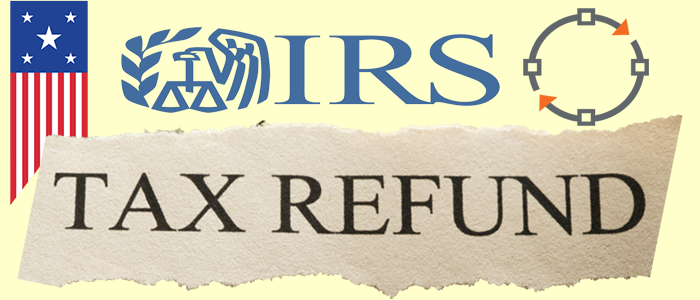A lot of people are trying to get the meaning of the IRS tax refund and how it usually works so we have taken our time to explain what the IRS Tax Refunds mean even to the understanding of the basic person.
An IRS tax refund is the payment of extra cash that a taxpayer overpaid in income taxes to the American Internal Revenue Service (IRS) during the course of the year.
- How to Download IRS2Go Mobile App
- How to Check Your IRS Tax Refund Status
- IRS Where is My Refund: Here is How to Get You IRS Refund
- What is IRS Tax Refund?
An individual or organization may discover that they have paid more in taxes than what they actually owe when they file their yearly income tax return and determine their tax burden. In such circumstances, the IRS will reimburse the taxpayer for any overpayments.
People who have overpaid their federal income taxes through employer withholding, anticipated tax payments, or other methods frequently receive tax refunds.
The taxpayer’s overall tax burden for the year, their total tax payments, and any applicable tax credits or deductions all go into calculating the amount of the refund.
A taxpayer’s IRS tax refund can be deposited directly into their bank account, mailed to them as a paper check, or deposited directly into an Individual Retirement Account (IRA) or other retirement accounts.
The return of extra taxes that were withheld or paid throughout the year, not “free money,” is a critical distinction to make.
In order to ensure that you collect any refunds that are due to you and fulfill your legal tax duties, it’s also crucial to file your tax return accurately and on time.
